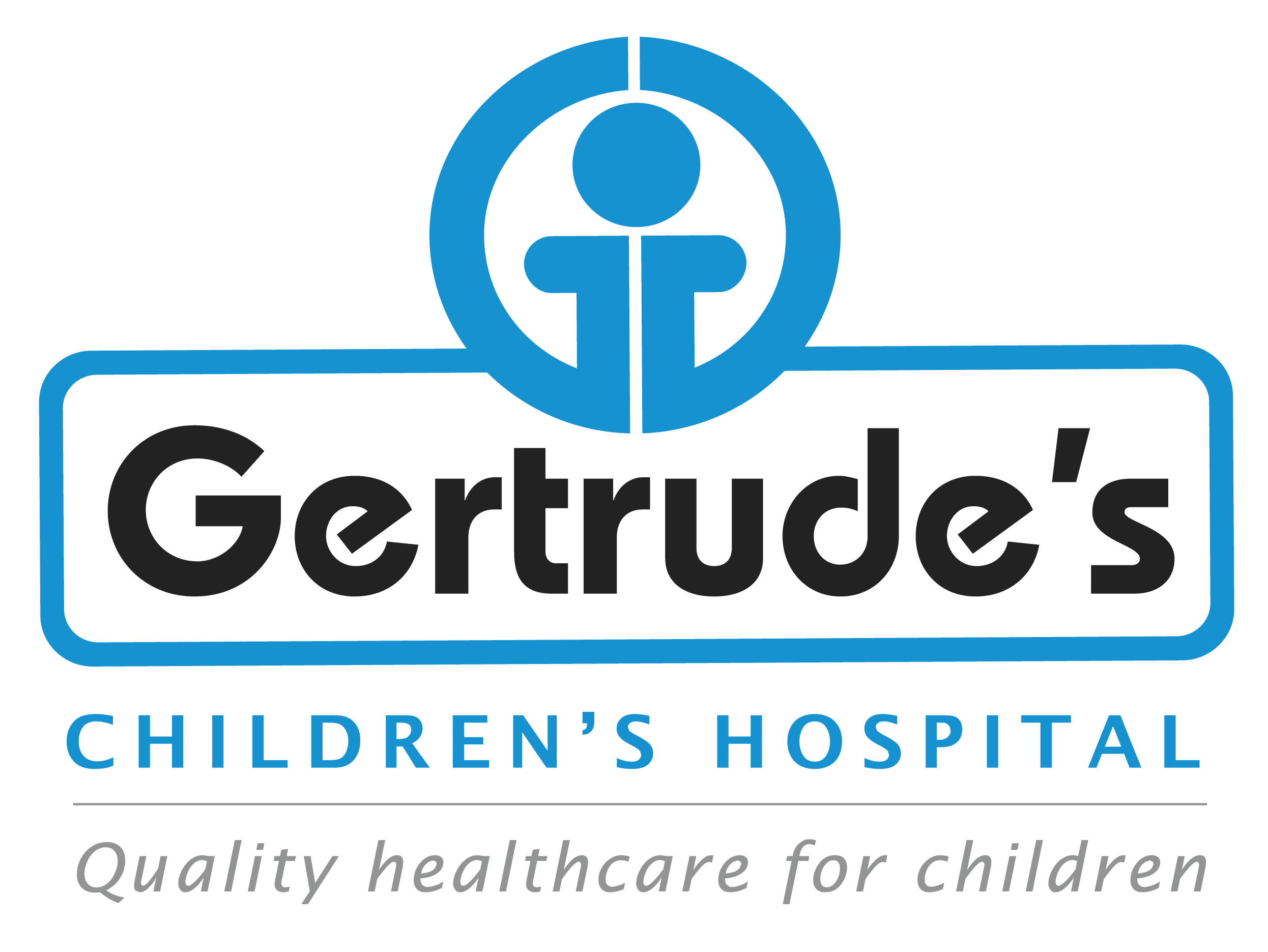Black hairy tongue, also known as lingua villosa, is a benign condition characterized by an abnormal appearance of the tongue. The surface of the tongue develops elongated papillae (tiny projections), which can trap food particles, bacteria, and dead cells, leading to a darkened appearance. The color can range from black to brown, yellow, or green, depending on various factors.
Symptoms
Common symptoms of black hairy tongue include:
• A darkened or discolored appearance of the tongue.
• A rough or “hairy” texture on the surface.
• Bad breath (halitosis).
• A metallic taste in the mouth.
• In some cases, a tickling sensation or gagging if the papillae are severely elongated.
• A darkened or discolored appearance of the tongue.
• A rough or “hairy” texture on the surface.
• Bad breath (halitosis).
• A metallic taste in the mouth.
• In some cases, a tickling sensation or gagging if the papillae are severely elongated.
Causes
Several factors can contribute to the development of black hairy tongue, including:
• Poor Oral Hygiene: Inadequate cleaning of the tongue can lead to buildup on the papillae.
• Tobacco Use: Smoking or chewing tobacco can irritate the tongue and contribute to discoloration.
• Diet: A diet high in soft foods may not provide enough abrasion to naturally shed dead cells from the tongue’s surface.
• Medications: Certain medications, especially antibiotics and those that cause dry mouth, can disrupt the normal balance of bacteria in the mouth.
• Dehydration: Insufficient saliva production can lead to a dry mouth, increasing the risk of black hairy tongue.
• Mouthwashes: Frequent use of oxidizing mouthwashes containing peroxide or other harsh chemicals can irritate the tongue.
• Poor Oral Hygiene: Inadequate cleaning of the tongue can lead to buildup on the papillae.
• Tobacco Use: Smoking or chewing tobacco can irritate the tongue and contribute to discoloration.
• Diet: A diet high in soft foods may not provide enough abrasion to naturally shed dead cells from the tongue’s surface.
• Medications: Certain medications, especially antibiotics and those that cause dry mouth, can disrupt the normal balance of bacteria in the mouth.
• Dehydration: Insufficient saliva production can lead to a dry mouth, increasing the risk of black hairy tongue.
• Mouthwashes: Frequent use of oxidizing mouthwashes containing peroxide or other harsh chemicals can irritate the tongue.
Diagnosis
Diagnosis of black hairy tongue is typically straightforward and involves:
• Physical Examination: A healthcare provider will inspect the appearance of the tongue.
• Medical History: Discussing any recent changes in oral hygiene practices, diet, or medications.
• Ruling Out Other Conditions: Your doctor may check for other causes of discoloration, such as fungal infections or oral hairy leukoplakia.
• Physical Examination: A healthcare provider will inspect the appearance of the tongue.
• Medical History: Discussing any recent changes in oral hygiene practices, diet, or medications.
• Ruling Out Other Conditions: Your doctor may check for other causes of discoloration, such as fungal infections or oral hairy leukoplakia.
Treatment Options
In most cases, black hairy tongue does not require medical treatment and can be managed with good oral hygiene. Treatment options include:
• Improving Oral Hygiene: Regularly brushing your teeth and tongue with a soft toothbrush or using a tongue scraper can help remove debris and bacteria.
• Hydration: Drinking plenty of water helps maintain saliva production and keeps the mouth clean.
• Dietary Changes: Eating more raw fruits and vegetables can provide natural abrasion to help shed dead cells from the tongue’s surface.
• Avoiding Irritants: Reducing tobacco use and limiting intake of coffee, tea, and alcohol can help prevent recurrence.
If symptoms persist despite good oral hygiene practices, medical treatments may include:
• Antibiotics or Antifungal Medications: If an overgrowth of bacteria or yeast is suspected.
• Topical Treatments: Such as retinoids to help reduce papillae overgrowth.
• Surgical Options: In severe cases where other treatments fail, procedures like laser therapy may be considered to remove overgrown papillae.
• Improving Oral Hygiene: Regularly brushing your teeth and tongue with a soft toothbrush or using a tongue scraper can help remove debris and bacteria.
• Hydration: Drinking plenty of water helps maintain saliva production and keeps the mouth clean.
• Dietary Changes: Eating more raw fruits and vegetables can provide natural abrasion to help shed dead cells from the tongue’s surface.
• Avoiding Irritants: Reducing tobacco use and limiting intake of coffee, tea, and alcohol can help prevent recurrence.
If symptoms persist despite good oral hygiene practices, medical treatments may include:
• Antibiotics or Antifungal Medications: If an overgrowth of bacteria or yeast is suspected.
• Topical Treatments: Such as retinoids to help reduce papillae overgrowth.
• Surgical Options: In severe cases where other treatments fail, procedures like laser therapy may be considered to remove overgrown papillae.
Frequently Asked Questions
Q: Is black hairy tongue contagious?
A: No, black hairy tongue is not contagious; it cannot be spread from person to person.
Q: How long does it take for black hairy tongue to resolve?
A: With improved oral hygiene practices, symptoms typically resolve within one to two weeks.
Q: Can black hairy tongue lead to serious health problems?
A: No, black hairy tongue is generally harmless but should be monitored for any changes that could indicate an underlying issue.
Contact
Please feel free to contact us with any general or medical enquiry by calling us.





